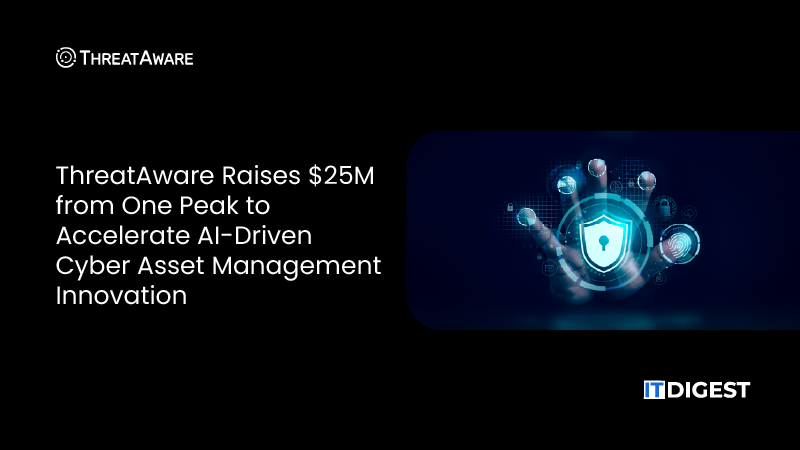Elastic has launched Streams, an AI-driven feature in Elastic Observability, which is meant to transform logs into the “primary investigation signal” for SREs. Logs have traditionally been considered noisy and costly to store and, therefore, mostly utilized reactively instead of proactively. Although metrics and traces indicate what and where things go wrong, Elastic is quick to point out that the why the all-important context of incidents is still buried within logs. Streams meets this challenge by consuming logs from any source and in any format, applying AI-driven partitioning and parsing to bring forward “Significant Events” like out-of-memory errors or config anomalies. A demo demonstrates the ability of an SRE to detect a Java OOM problem within a trading app within minutes, what previously would have taken hours of manual log examination as an automated, AI-driven process.
Also Read: Estuary Secures $17M Series A to Revolutionize Enterprise Data Movement
With its versatile ingestion modes such as indexed logs and “Logs Streams” mode Elastic Streams provides effortless integration with utilities like OpenTelemetry collector, fluentd, and fluentbit. It provides data-quality management, retention controls, and auto-segmentation and auto-parsing, so teams can “send all logs to one endpoint, without having to care about agents or integrations.” This technology enables organizations to capture and analyze all logs without the burdensome expense or complexity of legacy logging infrastructure. By turning logs from static data to actionable intelligence, Elastic Streams improves observability, accelerates root-cause analysis, and lowers total cost of ownership enabling businesses to realize faster resolution times and greater operational effectiveness.

































